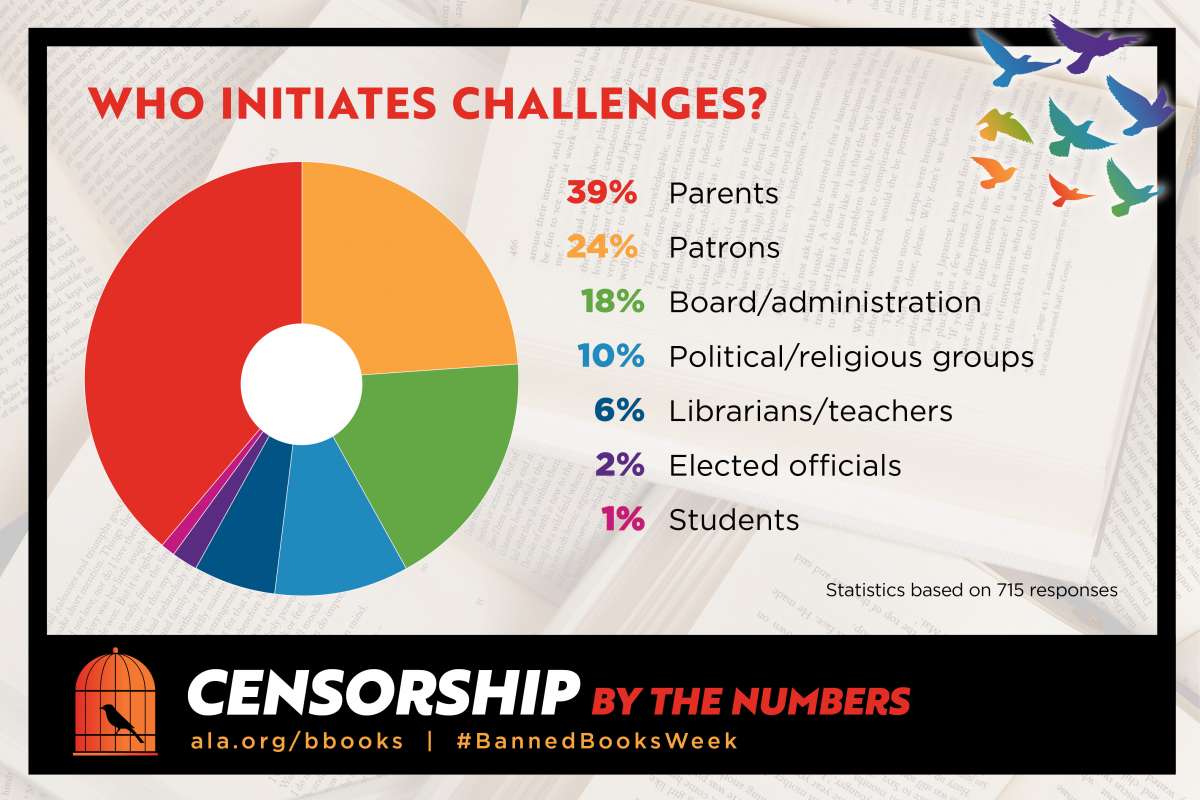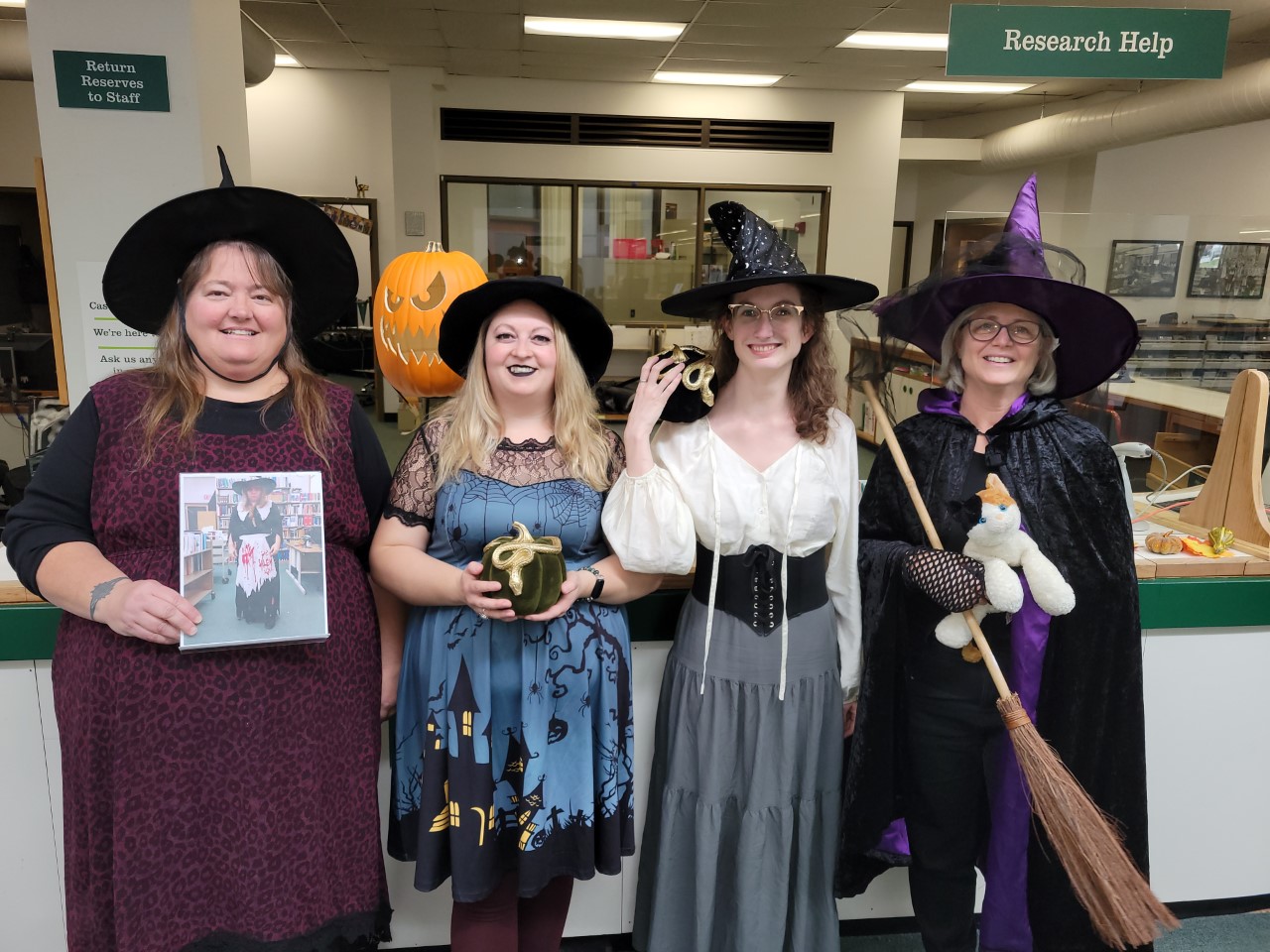



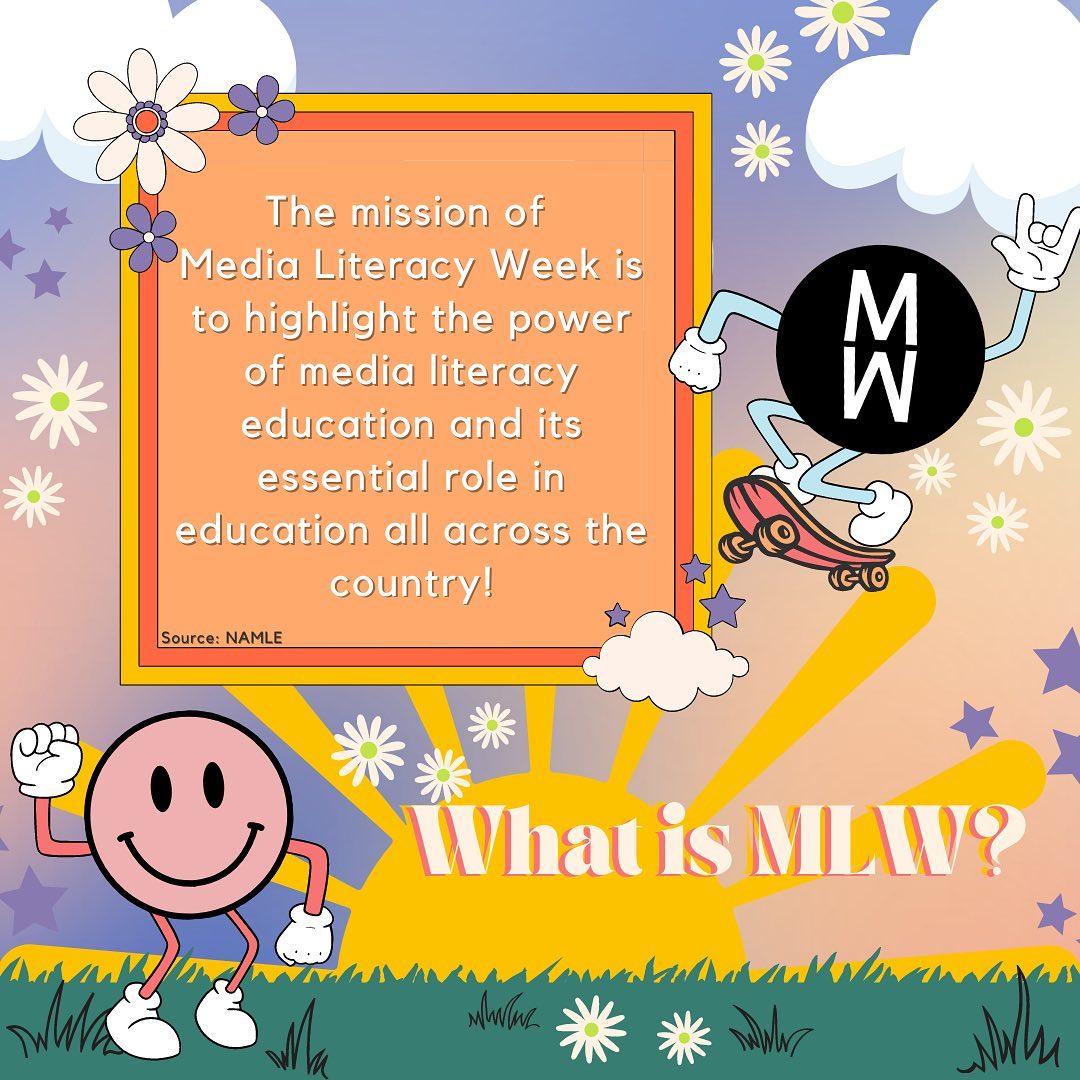
October 24-28 this year is Media Literacy Week, created to highlight the importance of educating young people and the public about digital media literacy. This topic is vital especially in a democracy, where citizens need to be educated for intelligent civic participation, and is closely connected to information literacy education, a priority in General Education at Castleton.
The organizations promoting Media Literacy Week provide lots of resources for learning more about techniques for critical consumption of media, and for teaching media literacy. Take a look at United States Media Literacy Week from the National Association of Media Literacy Education, Media Smarts from Canada, and MediaWise from the Poynter Institute for Media Studies.
The library has a book exhibit up right now featuring related books. You can peruse the list of books included here. You can also see a plethora of resources on a guide created by your CU librarians, News Literacy: Resources for Citizens, Students and Educators
The Soundings program included a presentation this week, “Sorting the News from the Chaff” by Professor Mark Timney from Keene State College.
For students reading this: Do you feel that your K-12 education included enough content on media literacy? Click here to rate your education and share some thoughts.
Media Smarts Canada offers presentation slides and other materials on ways to tell if something is true online. Below is a poster they created, with the four basic steps they emphasize and teach students how to do in their lessons.
With all the resources available and the importance of these skills to us as individuals and as a society–we can all make a difference by gaining in media literacy skills!
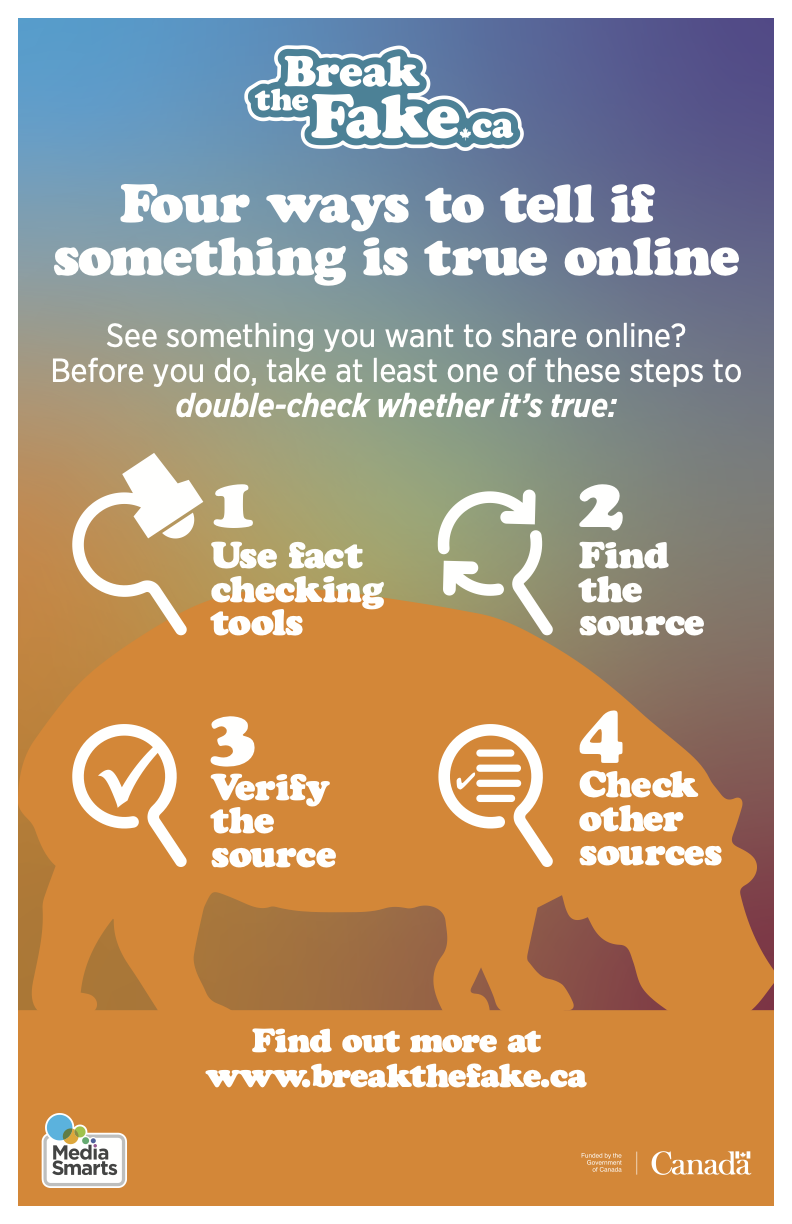
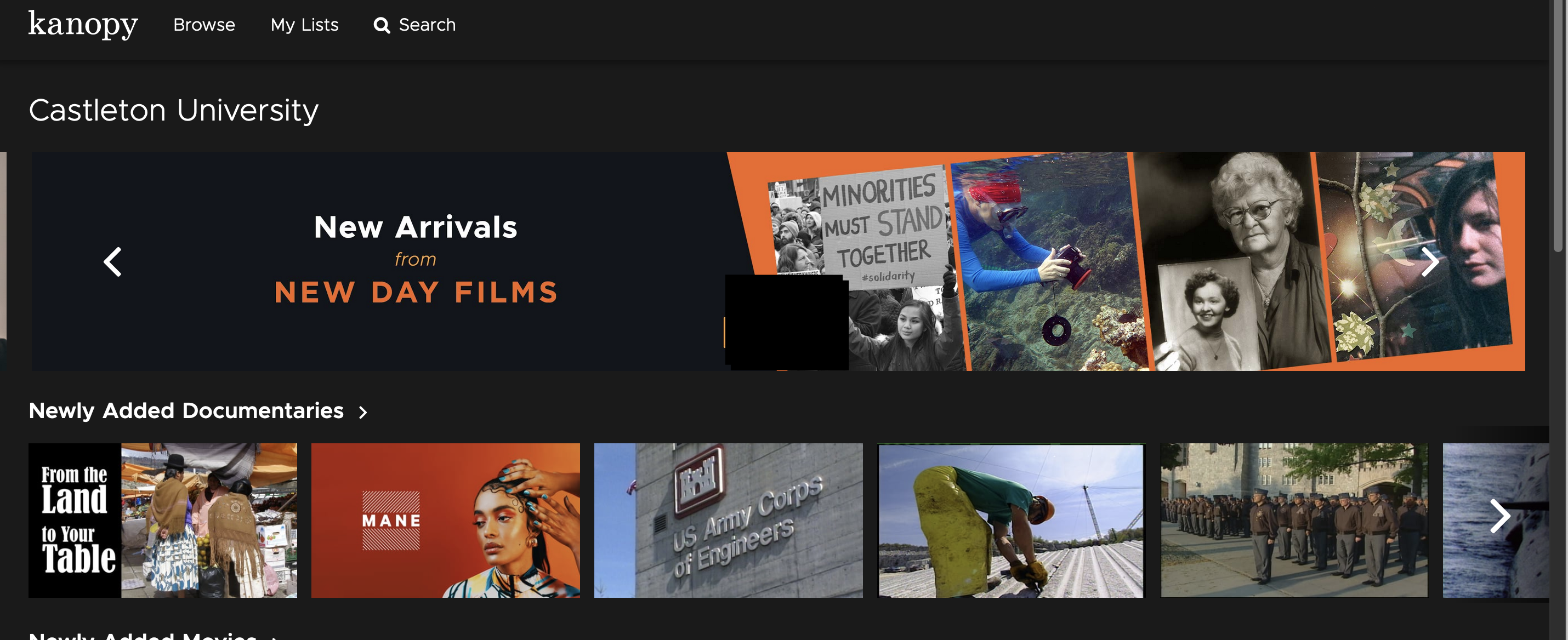
From the Kanopy website:
“Kanopy is a video-streaming platform dedicated to thoughtful and thought-provoking films….Kanopy was established to provide academic institutions with essential films that foster learning and conversation, [then later] expanded its services to public libraries, and now delivers a diverse collection of 30,000+ enriching films, available to stream anytime and anywhere — from desktop to TV to tablet…[a] platform for showcasing independent films that fuels lifelong learning, we are on a mission to ensure that everyone has access to enriching films that bridge cultural boundaries, spark discussion, and expand worldviews.”
It includes narrative films and documentaries. You can search for a specific film or director, etc., or browse by type of film or subject, or see lists of award-winners or newly added films.
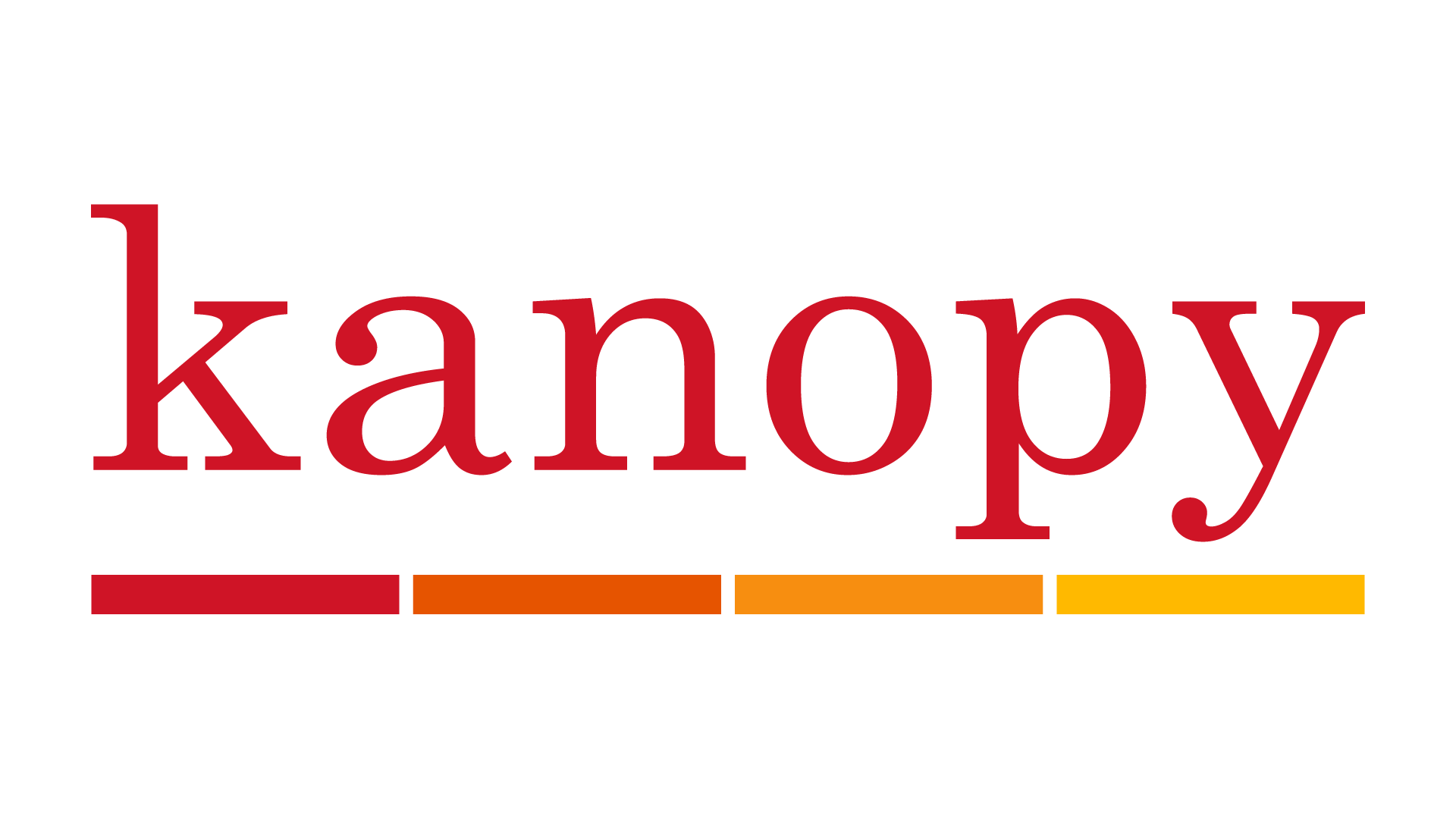
First, access Kanopy through this link, or the link in the list of Research Databases on the library website. If you’re off-campus you’ll need to log in using your CU username and password. Then you can make an account. After you’ve made this account, you can use it to access Kanopy through the website or the Kanopy app, and to keep track of your watching and make lists of films or clips of films, etc.
Kanopy is available via an array of apps on the TV, phone, tablet, and computer.
On these mobile devices:
On these TV devices:
If you do not have access to any of the above devices, you can also view Kanopy on your television by connecting your computer to your television via HDMI cable.
The Kanopy database also contains some titles we don’t have included in our subscription. However, if you click on one of those and you do want to view it, you can fill out the information under “Request for Access,” and someone will get back to you about access to that additional film.
See Kanopy’s support website for answers to frequently asked questions, or reach out to library staff with any questions.
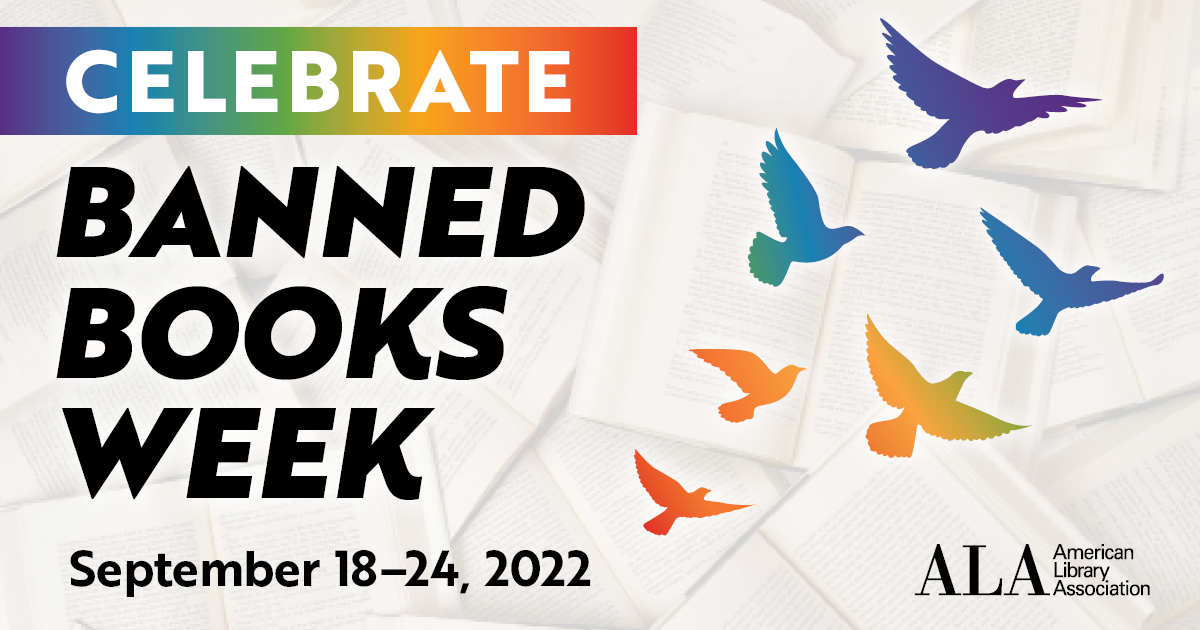
Every September, the American Library Association sponsors an event called Banned Books Week. The title may appear self-explanatory, but the importance of Banned Books Week is invaluable to society. Rather than being shunned for the controversy surrounding them, banned and challenged books are displayed as a national celebration of intellectual freedom. This concept, intellectual freedom, is what partially retired English professor Bill Wiles strives to instill in the students he teaches.
Fondly referred to as Mr. Bill, his aptly titled Banned Books class focuses on the reasons censorship exists through analyzing controversial literature. So far students have covered Read Dangerously, Fahrenheit 451, and The Day They Came to Arrest the Book. Another aspect of the course has students creating displays for public libraries during Banned Books Week. Student Ryan Phillips worked with Castleton’s Calvin Coolidge Library, focusing on incorporating books from the course and ones that are often challenged. When asked about his experience through email correspondence, Phillips expressed his enjoyment. “In the end I created a display that I’m very happy with, and proud to call my own. In all of my college courses, I’ve never been assigned anything that’s even similar to this, and so I found it really cool to do,” wrote Phillips. I highly encourage everyone to stop by and check it out! I’ve seen it myself, and it’s brilliantly executed. Overall, Mr. Bill feels the same way about all of the displays students created. Visual applications aren’t the easiest task for everyone, but what his students accomplished contributes to the betterment of society. It’s a great way to get involved with a national event beyond the boundaries of Castleton University.
I now pose the question, who challenges books? An illustration by the ALA (below) shows what percentage of the population initiates book challenges. 39% are parents. The rest are patrons, boards/administrations, political and religious groups, and libraries/teachers. Surprisingly, only one percent are students. What story does the data tell? First, because the highest number is parents, their reasoning probably has to do with material age appropriateness. In other words, what should children read and when? For colleges, libraries have fewer restrictions imposed upon them because their students are adults. In middle and elementary schools, it’s a tricky balance between satisfying parents and teaching children about real-world concepts.
“But society doesn’t move forward if current ideas aren’t challenged as society evolves. So read dangerously. Contemplate subjects that push you out of your comfort zone.“
As far as the other groups go, I could write a full-length essay on a slew of reasons they might have for challenging books. But an essay doesn’t make a reader-friendly blog post. Instead, I propose one simple argument. The ideas of challenged books clash with their own beliefs. They are afraid of change. Yes, change is scary. But society doesn’t move forward if current ideas aren’t challenged as society evolves. So read dangerously. Contemplate subjects that push you out of your comfort zone. That is my message. Celebrate Banned Books Week for recognizing the need to address societal imperfections.
–Jenna Robinson
